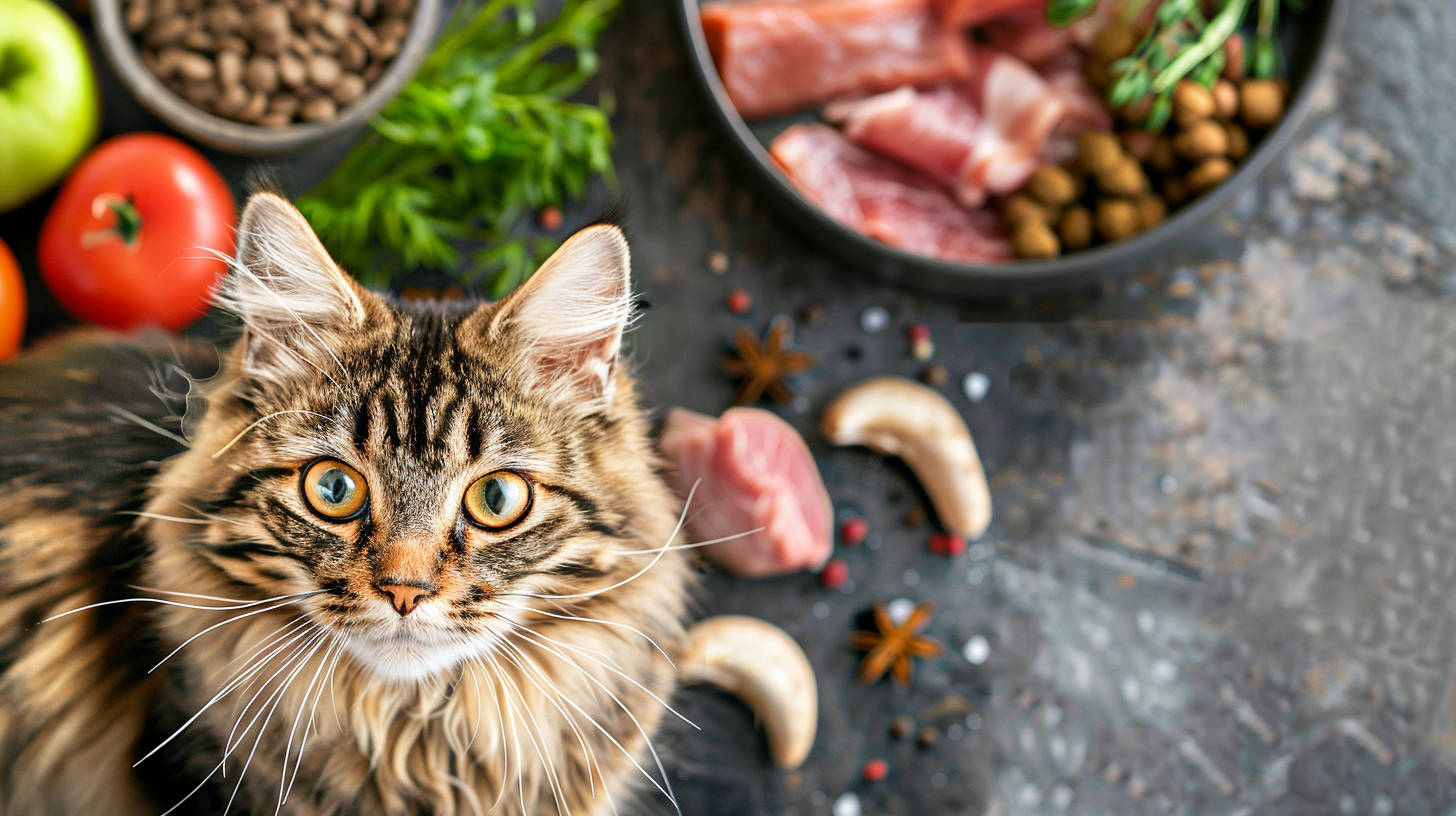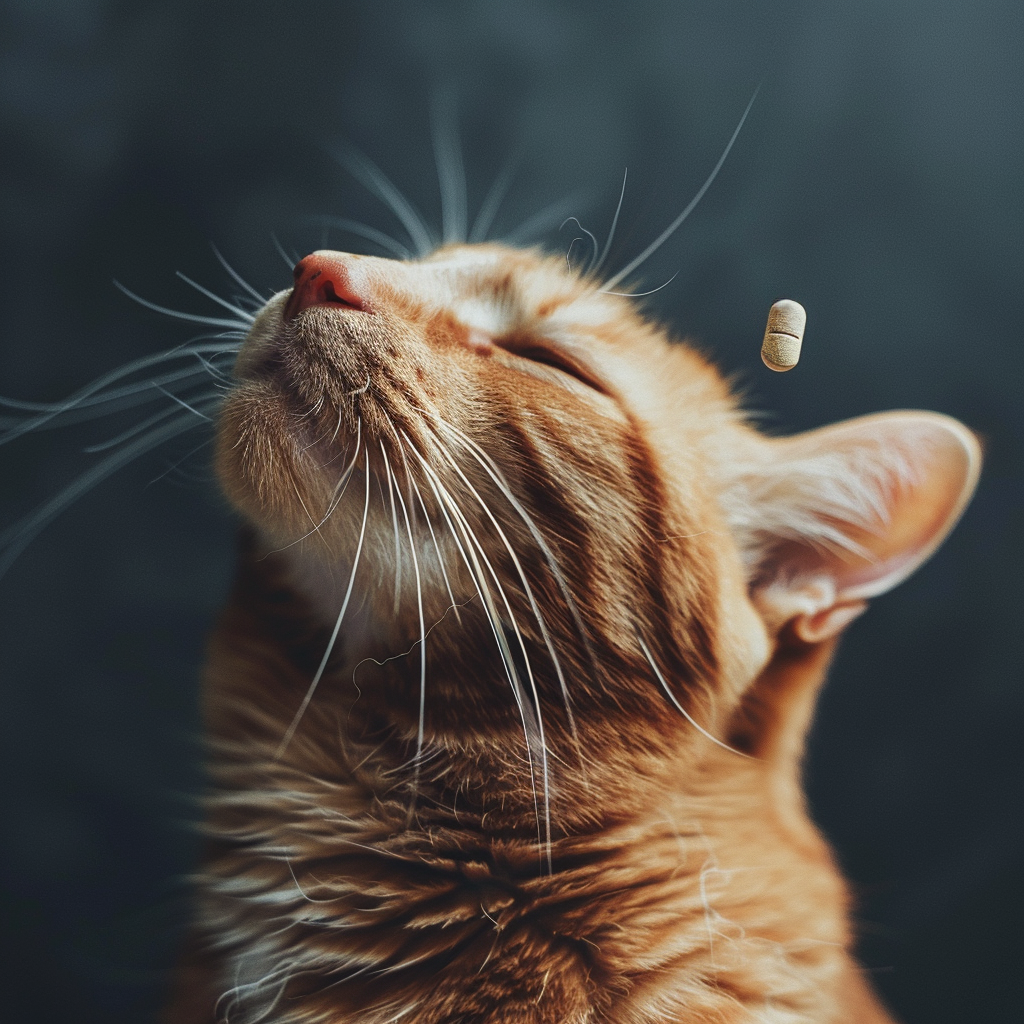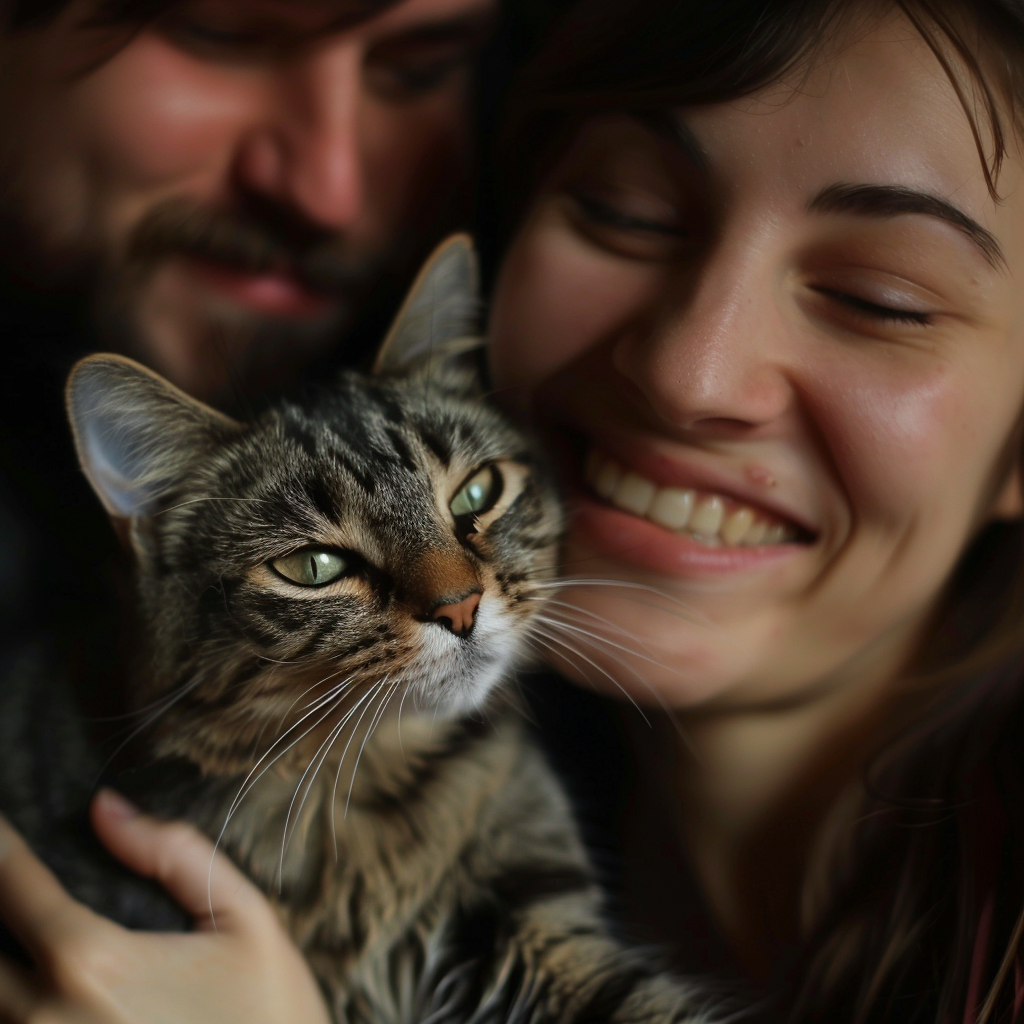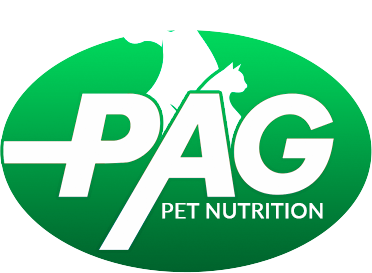
02 Apr Boosting Feline Health The Essential Guide to Probiotics for Cats
In recent years, the concept of probiotics has transcended human health boundaries, finding a prominent place in the realm of feline care. This surge in popularity is not without reason; as guardians of our four-legged companions, we continually seek ways to enhance their well-being and longevity. Probiotics, often hailed as a cornerstone of gut health in humans, are now being scrutinized for their potential benefits in cats. This growing interest is fueled by a deeper understanding of the critical role gut flora plays in overall health, echoing the adage that a healthy gut is the foundation of a healthy body—for cats and humans alike.
However, with this newfound interest comes a responsibility to navigate the sea of information with a critical eye. While the benefits of probiotics are widely extolled, it’s crucial to approach their use in cats with a balanced perspective. The digestive system of a cat is markedly different from that of a human, implying that the effects of probiotics can vary significantly. Thus, understanding not only the potential health benefits but also the side effects is essential for any cat owner considering probiotics as a supplement for their pet.
This introduction to the world of feline probiotics aims to shed light on why these microscopic guardians of gut health have garnered such attention. It will guide you through the importance of probiotics in maintaining the delicate balance of your cat’s digestive ecosystem while emphasizing the necessity of proceeding with caution and informed judgment. As we delve deeper into this topic, remember that the goal is to enhance the health and happiness of our feline friends, making an informed decision on the use of probiotics a crucial step in achieving that aim.
What Are Probiotics for Cats?
Definition and explanation of cat probiotics.
In the discussion on how probiotics can enhance the health of cats, it’s essential first to define and explain what probiotics are. Probiotics are active microorganisms, often regarded as “good” bacteria that are beneficial to the host (in this case, our cats). They are present in the gut of cats and are crucial for maintaining the health of the digestive system. By supplementing these probiotic bacteria, we can help boost their presence in the gut, thereby supporting the overall health of our feline friends.

The role of probiotics in maintaining a healthy digestive tract and immune system in cats.
Probiotics play a key role in maintaining a healthy digestive tract in cats. They help balance the microbial community in the gut, which is vital because a healthy microbial environment is essential for effectively absorbing nutrients, maintaining a healthy immune system, and defending against pathogens. When this microbial balance is disrupted by the use of antibiotics, dietary changes, or other stress factors, supplementing with probiotics becomes particularly important.
Additionally, probiotics are crucial for the health of the cat’s immune system. A significant portion of the immune system is located in the gut, and by maintaining gut health, probiotics indirectly support immune function. This not only helps cats fend off infections but also aids in managing and alleviating allergies and autoimmune conditions.
In summary, probiotics offer a natural and effective way to support the digestive health and immune system function of cats. By ensuring an adequate presence of beneficial bacteria in the gut, probiotics help maintain the necessary internal balance, thereby promoting the overall well-being of cats. This is why an increasing number of pet parents and veterinarians recommend incorporating probiotics into the health management plan for cats.
While the benefits of probiotics for cats are widely recognized, it’s important to acknowledge that, like any supplement, there is a potential for side effects, albeit rare. Understanding these possible adverse effects is crucial for cat owners who wish to make informed decisions about their pets’ health.
What are The Probiotics for Cats Side Effects
- Gastrointestinal Symptoms: In some cases, cats may experience mild gastrointestinal upset after starting probiotics. This can include symptoms like diarrhea, gas, or bloating. Typically, these symptoms are temporary and should resolve as the cat’s digestive system adjusts to the new bacterial flora.
- Allergic Reactions: Although extremely rare, some cats might have an allergic reaction to certain strains of probiotics. Signs of an allergic reaction can include itching, rash, or more severe symptoms such as difficulty breathing or swelling. If you notice any of these signs, it is critical to discontinue the probiotics and consult a veterinarian immediately.
- Immune System Overstimulation: For cats with compromised immune systems or those with autoimmune diseases, there is a slight risk that probiotics could overstimulate the immune system. This could potentially exacerbate existing conditions, so close consultation with a vet is essential before starting any probiotic regimen in these cases.
Identifying Side Effects in Cats
Identifying side effects requires careful observation of your cat’s behavior and physical health. Changes in appetite, stool consistency, activity levels, or overall demeanor can be indicators that your cat might not be responding well to the probiotics. It’s also helpful to keep a log of any new supplements or dietary changes and their effects on your cat, to more easily pinpoint the cause of any adverse reactions.
What to Do If Your Cat Experiences Side Effects
- Immediate Actions: If you notice any adverse reactions, especially severe ones like allergic symptoms, stop the probiotics immediately. For mild gastrointestinal symptoms, you may choose to reduce the dosage before discontinuing entirely to see if symptoms improve.
- Consult Your Veterinarian: Always consult with your veterinarian if you suspect your cat is experiencing side effects from probiotics. They can provide guidance on whether to discontinue the supplement, adjust the dosage, or perhaps try a different probiotic strain. Your vet may also recommend supportive care or treatment if your cat is experiencing significant discomfort.
- Gradual Introduction: In the future, introducing any new supplement, including probiotics, gradually can help minimize the risk of side effects. This gives your cat’s digestive system time to adjust to the changes.
In conclusion, while the risk of side effects from probiotics in cats is low, being aware of these potential issues and knowing how to address them can ensure your cat reaps the benefits of probiotics safely. With careful monitoring and a collaborative approach with your veterinarian, probiotics can be a valuable part of your cat’s health regimen.

Can I Give These “healthy bacteria ” to Kittens ?
Kittens, with their developing digestive systems, can greatly benefit from the careful introduction of probiotics. These beneficial bacteria can play a significant role in supporting a young cat’s health, particularly in stabilizing their digestive system and enhancing their immune response. However, when it comes to supplementing kittens’ diets with probiotics, there are special considerations to keep in mind to ensure their safety and well-being.
Benefits of Probiotics for Kittens
- Digestive Health: Kittens are prone to digestive issues as their systems are still developing and adjusting to solid foods. Probiotics can help establish a healthy balance of gut flora, making it easier for kittens to digest their food and absorb nutrients effectively. This can lead to better overall health and growth.
- Immune System Support: A significant portion of the immune system is found in the gut. By promoting a healthy balance of gut bacteria, probiotics can help strengthen a kitten’s immune system, making them more resistant to infections and diseases.
- Reduction in Gastrointestinal Upsets: Probiotics can be particularly beneficial for kittens experiencing diarrhea or other gastrointestinal issues. They can help restore the balance of gut flora disrupted by stress, dietary changes, or antibiotic use, reducing the duration and severity of gastrointestinal symptoms.

Precautions and Advice for Supplementing Kittens’ Digestive Health with Probiotics
- Consultation with a Veterinarian: Before adding probiotics to a kitten’s diet, it is crucial to consult with a veterinarian. They can recommend specific probiotic strains that are safe and beneficial for kittens, considering their unique digestive systems and nutritional needs.
- Age Consideration: While probiotics can be beneficial, it’s important to consider the appropriate age to start supplementation. Kittens usually begin to wean off their mother’s milk at about four to eight weeks of age, which can be a suitable time to introduce probiotics gradually.
- Appropriate Strains and Dosage: Not all probiotics are created equal, and some strains are more beneficial for kittens than others. It’s important to choose a probiotic supplement specifically designed for cats or kittens, ensuring it contains strains that are known to be safe and effective. The dosage should be carefully adjusted according to the kitten’s size and age, as recommended by a veterinarian.
- Gradual Introduction: Start with a small amount of probiotic and gradually increase to the recommended dosage over several days or weeks. This allows the kitten’s digestive system to adjust to the new supplement and can help prevent any potential digestive upset.
- Monitoring for Reactions: After introducing probiotics, monitor the kitten for any adverse reactions, such as diarrhea or vomiting. While rare, if any negative symptoms occur, it’s important to stop the supplementation and consult with a veterinarian.
By following these guidelines, probiotics can be a safe and effective way to support the health and development of kittens. With the right approach, these beneficial bacteria can help lay the foundation for a lifetime of good health for your feline friend.
In conclusion, maintaining your cat’s digestive health is paramount to their overall well-being. The introduction of a cat probiotic into their diet can offer numerous benefits, including enhanced gut bacteria balance, improved nutrient absorption, and a stronger immune system. While human probiotics are formulated to cater to human gut flora, cat probiotic supplements are specifically designed to address the unique needs of feline digestive systems. These supplements can be particularly beneficial for cats suffering from conditions such as inflammatory bowel disease, where the restoration and maintenance of a healthy gut flora play a critical role in managing symptoms and promoting recovery.
When choosing probiotics for your feline friend, it’s essential to consider factors such as your cat’s age, any antibiotics they may be taking, and their dietary needs. Antibiotics, while sometimes necessary, can disrupt the delicate balance of your cat’s gut bacteria, making the role of probiotics even more crucial in such situations. It’s also important to remember that the needs of a kitten differ significantly from those of an adult or senior cat, and the type of probiotic supplement, as well as the dosage, should be adjusted accordingly.
Incorporating probiotics into your cat’s diet should be done with care and under the guidance of a veterinary professional. By doing so, you can ensure that your cat reaps the full benefits of probiotics without any adverse effects. Ultimately, a well-considered approach to the use of cat probiotic supplements can play a vital role in maintaining your cat’s digestive health and overall quality of life.

